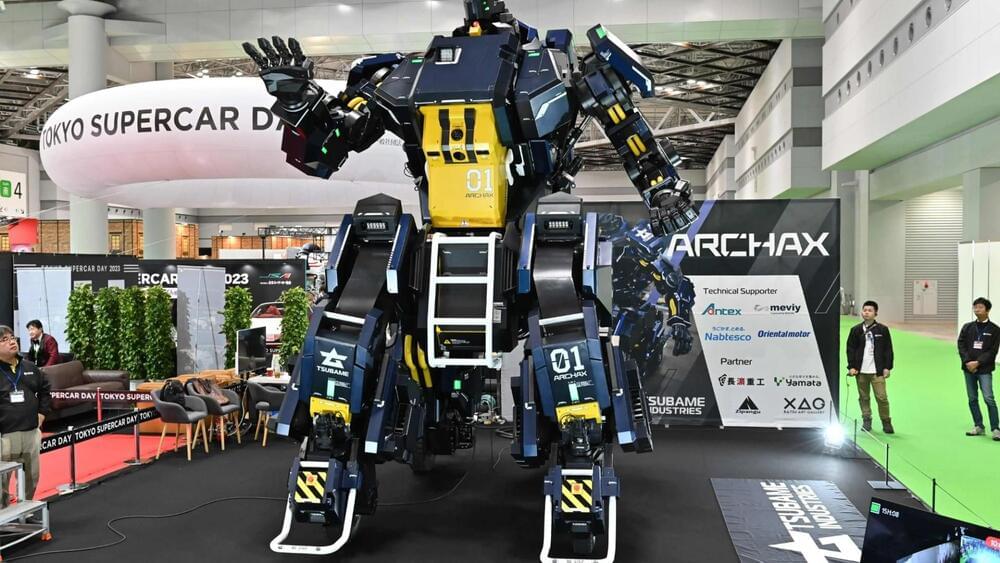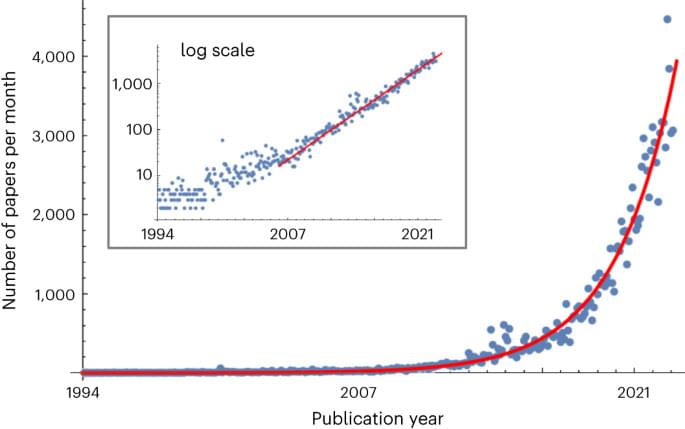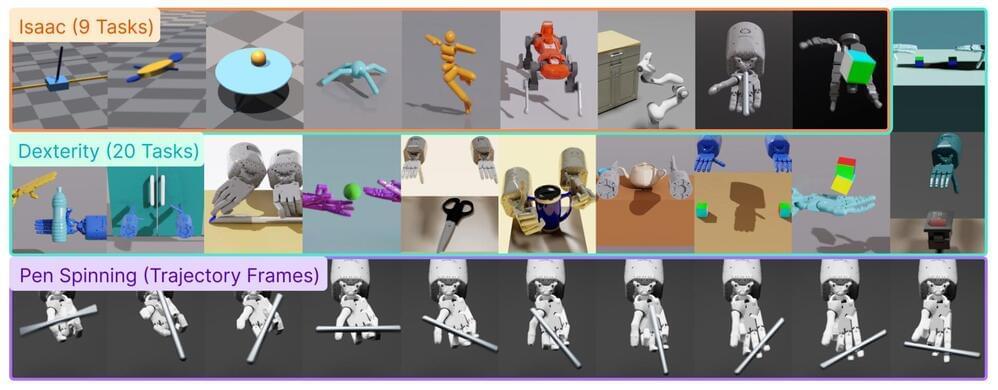The Frontier Model Forum, an industry body focused on studying “frontier” AI models along the lines of GPT-4 and ChatGPT, today announced that it’ll pledge $10 million toward a new fund to advance research on tools for “testing and evaluating the most capable AI models.”
The fund, says the Frontier Model Forum — whose members include Anthropic, Google, Microsoft and OpenAI — will support researchers affiliated with academic institutions, research institutions and startups, with initial funding to come from both the Frontier Model Forum and its philanthropic partners, the Patrick J. McGovern Foundation, the David and Lucile Packard Foundation, former Google CEO Eric Schmidt and Estonian billionaire Jaan Tallinn.
The fund will be administered by the Meridian Institute, a nonprofit based in Washington, D.C., which will put out a call for an unspecified number of proposals “within the next few months,” the Frontier Model Forum says. The Institute’s work will be supported by an advisory committee of external experts, experts from AI companies and “individuals with experience in grantmaking,” added the Frontier Model Forum — without specifying who exactly those experts and individuals are or the size of the advisory committee in question.








